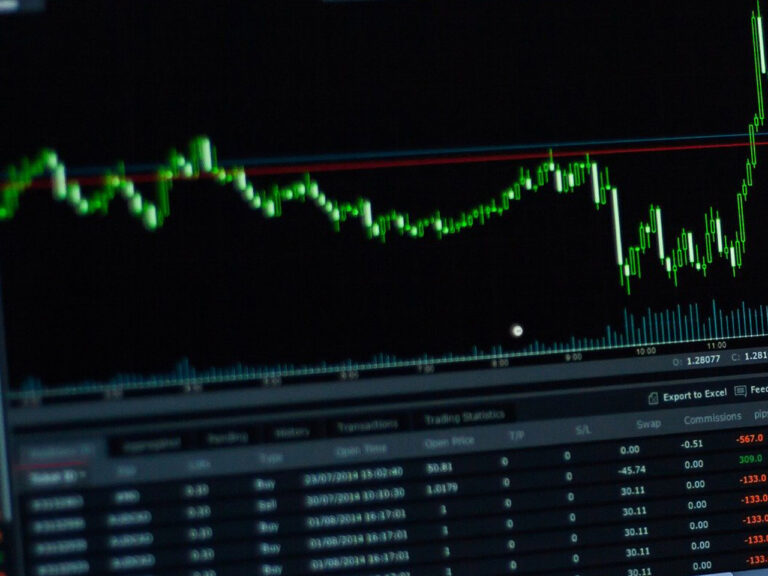Deliveroo PLC (ROO.L), a prominent player in the consumer cyclical sector, is carving its niche in the internet retail industry. Known for its innovative on-demand delivery platform, Deliveroo connects consumers with an array of food and non-food offerings across key markets such as the United Kingdom, Ireland, and beyond. Despite the company’s substantial market capitalisation of $2.56 billion, it faces a unique set of challenges and opportunities that investors may find intriguing.
Presently trading at 176.3 GBp, Deliveroo’s share price has demonstrated a resilient performance, inching close to its 52-week high of 176.90 GBp. This stability in stock price, despite a modest price change of -0.60, highlights investor confidence, albeit cautious, in the company’s growth trajectory. The stock’s 52-week range, spanning from 113.10 GBp to 176.90 GBp, underscores a period of recovery and growth potential, reflective of the broader market sentiment post-pandemic.
The valuation metrics, however, paint a complex picture. With a forward P/E ratio of 1,935.66, Deliveroo’s valuation appears stretched, suggesting that investors are pricing in significant future growth. Yet, traditional metrics such as P/E, PEG, and EV/EBITDA remain unavailable, indicating the company’s current focus on reinvestment and expansion rather than immediate profitability. This aligns with Deliveroo’s strategic direction to bolster its market presence and technological capabilities.
Deliveroo’s revenue growth of 3.40% is a testament to its ability to capture market share in the highly competitive food delivery industry. However, the absence of net income and a neutral EPS of 0.00 highlight ongoing challenges in achieving profitability. The company’s return on equity stands at a slight negative of -0.02%, pointing towards the need for efficient capital utilisation and strategic cost management. On a more positive note, Deliveroo boasts a free cash flow of £52.125 million, providing a cushion for operational and strategic investments.
Dividend-seeking investors may find Deliveroo less appealing, as the company currently offers no dividend yield, with a payout ratio firmly at 0.00%. This reinvestment approach indicates a focus on long-term growth rather than immediate shareholder returns.
Analyst ratings for Deliveroo offer a largely cautious outlook, with 11 hold ratings and just a single buy recommendation. The target price range of 180.00 to 200.00 GBp, with an average target of 181.67 GBp, suggests a modest potential upside of 3.04%. This indicates that analysts are awaiting clearer signs of sustained profitability and strategic execution before adjusting their ratings.
Technical indicators offer additional insights into Deliveroo’s market dynamics. The stock’s 50-day and 200-day moving averages of 172.11 GBp and 146.76 GBp, respectively, reflect a positive trend, albeit with some resistance. The relative strength index (RSI) of 44.10 suggests the stock is neither overbought nor oversold, providing a neutral stance on its momentum. Meanwhile, the MACD and signal line figures hint at a potential for bullish trends if market conditions remain favourable.
Founded in 2013 and headquartered in London, Deliveroo’s journey from a local food delivery service to a global platform underscores its growth ambitions and adaptability. As it continues to expand its footprint in diverse markets from Europe to the Middle East, Deliveroo’s focus remains on connecting consumers with an ever-expanding network of merchants and riders.
Investors in Deliveroo must weigh the company’s current financial metrics against its growth prospects and market positioning. The balance between reinvestment and achieving profitability will be pivotal in determining Deliveroo’s path forward in the competitive landscape of internet retail.






































